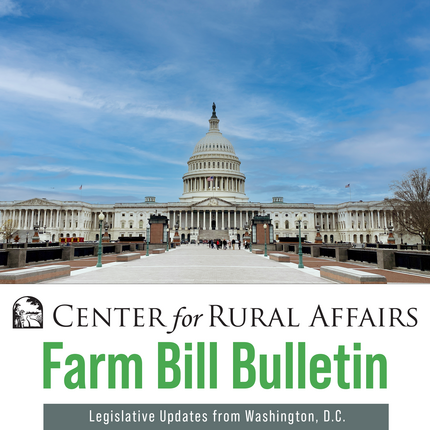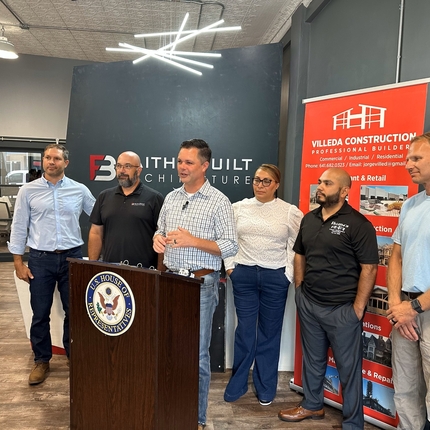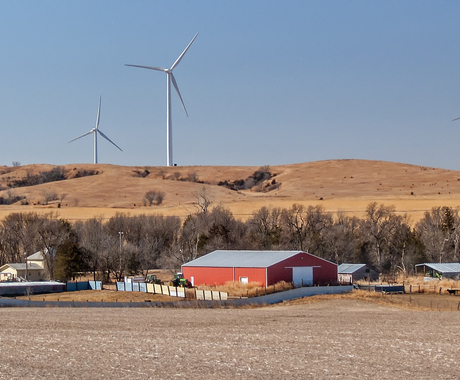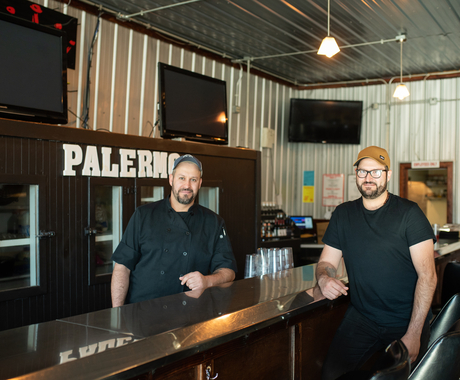By Kate Hansen, former staff member
Update: On Sept. 29, the Rural Microentrepreneur Assistance Act was introduced in the U.S. Senate by Sens. Pete Ricketts (NE) and Tina Smith (MN). To read more, click here.
This blog is part of our “Farm Bill Bulletin” series, which provides intermittent updates on the development and status of our nation’s next farm bill.
On Friday, Aug. 25, U.S. Reps. Zach Nunn (IA-3) and Angie Craig (MN-2) introduced the Rural Microentrepreneur Assistance Act of 2023. The legislation would make improvements to the Rural Microentrepreneur Assistance Program (RMAP) and expand opportunities for rural small businesses for years to come. We encourage you to show your support.
RMAP supports the development and ongoing success of rural entrepreneurs and microenterprises—defined as those with 10 employees or less—who are unable to access credit from traditional lenders. The program provides loans and technical assistance through intermediary organizations, such as the Center for Rural Affairs. Established in 2008, RMAP has provided critical support to small businesses in at least 45 states.
The bipartisan legislation outlines three key improvements to the program. If successful, they will be incorporated into our next farm bill.
- Raise the maximum loan amount from $50,000 to $75,000.
- RMAP was created in the 2008 farm bill. In the 15 years since, the maximum loan size has not changed, but the cost of doing business has. In 2008 dollars, $50,000 is equivalent to around $70,000 today. Updating this cap will allow the program to help business owners take steps to grow their enterprises.
- Allow entrepreneurs to renovate existing buildings.
- Only certain expenditures are eligible under RMAP. Currently, small businesses are prohibited from using loan funds obtained through the program for “new construction” which, as written, includes renovation of existing buildings. Empty storefronts populate main street in many rural communities. This change will expand opportunities for entrepreneurs to renovate and occupy these brick-and-mortar establishments and revitalize rural areas.
- Eliminate requirements for MDOs to use multiple sources of funding to provide loans to underserved rural business owners.
- RMAP is facilitated by intermediary lenders, called Microenterprise Development Organizations (MDO). The most onerous program requirement placed on MDOs is that no more than 75% of a loan made to a qualifying small business can be sourced through RMAP. This means MDOs must find additional capital to complete the loan. This change will allow MDOs to fully fund loans using RMAP funding.
RMAP is an important program to the Center. We were involved in its formation in the 2008 farm bill, deploy RMAP funds as part of our lending programs, and work in coalition with other MDOs across the country. We are proud to have collaborated with Reps. Nunn and Craig on the components of the Rural Microentrepreneur Assistance Act, and commend their leadership on behalf of rural small businesses.
As a supporter and rural advocate, please consider calling or emailing your senators and representative to express support for the Rural Microentrepreneur Assistance Act. This step is especially important if your lawmaker(s) serve on the Senate or House agriculture committees.
To find contact information for your members of Congress, click here. Identify yourself as their constituent, and why you support the provisions of the Rural Microentrepreneur Assistance Act. Keep your message clear and straightforward.
After contacting your member(s) of Congress, please notify us at [email protected]. If you have any questions in the meantime, do not hesitate to reach out.
Feature photo: U.S. Rep. Zach Nunn, is joined by Center Policy Director Johnathan Hladik (left) and small business owners as he announces the introduction of the Rural Microentrepreneur Assistance Act of 2023 on Friday | Photo by Kate Hansen






